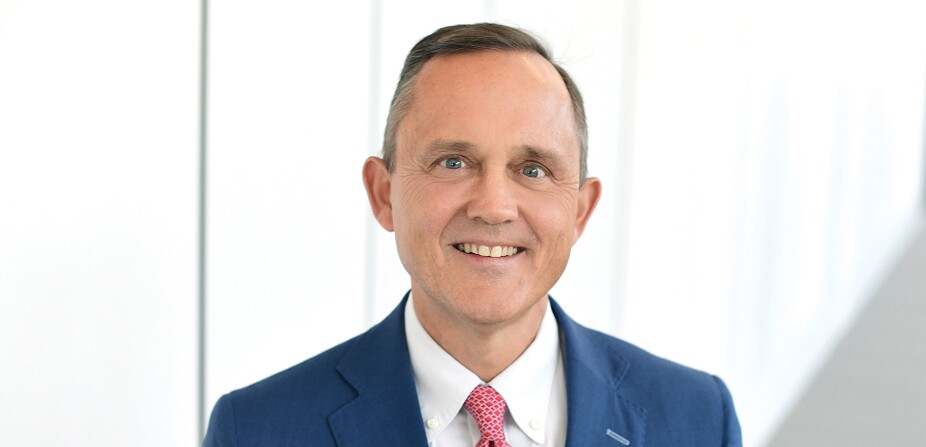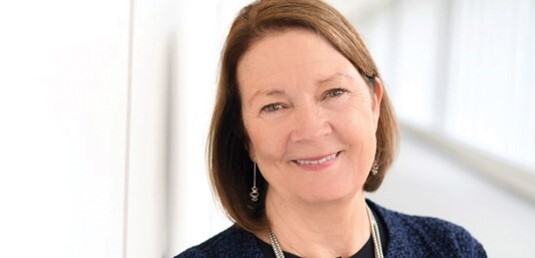Asset managers spend a lot of time looking at economic data, which fall into two main types: hard data and soft data. Hard data include measurable facts, like the number of people employed, economic growth and inflation. Soft data focus on how people feel and what they say they plan to do.
So far in 2025, these two types of data are telling a mixed story. On the hard data side, the economy looks fairly solid. Job reports for March and April were slightly better than expected. Inflation cooled a bit in the first quarter, though it’s still above the Federal Reserve’s 2% target. That suggests the Fed is making slow progress on its dual mandate to keep prices stable and maintain strong employment.
But soft data surveys paint a more cautious picture. Consumer sentiment in April dropped sharply, hitting a level similar to the depths of the COVID pandemic or the financial crisis of 2008-09. Many Americans are worried about jobs, income, rising prices and the impact of new tariffs. Since consumer spending drives the majority of the economy, these worries could become a self-fulfilling prophecy if people start cutting back.
As we warned in our last column, markets also have been volatile, with sharp ups and downs through April and May. That’s a big change from the steady, rising markets of 2024.
In uncertain times, investors have a desire to move their money into investments with less volatility, and we’ve seen a flight to money market funds. It’s true that these funds offer stability and currently benefit from high interest rates. But if the Fed cuts rates—as markets expect it will several times this year—returns on these funds will fall.
Other good options to consider include investment-grade corporate bonds and municipal bonds, which offer attractive yields in today’s higher-rate environment and carry less risk than stocks.
We understand that volatility can be unsettling and even disheartening. In times like this, it’s especially wise to talk to your financial advisor. They can help you understand how current conditions may affect your portfolio and help you stay aligned with your long-term goals.
We remain grateful for the trust you place in us and the opportunity to serve you.
David Royal is executive vice president and chief financial & investment officer at Thrivent.







